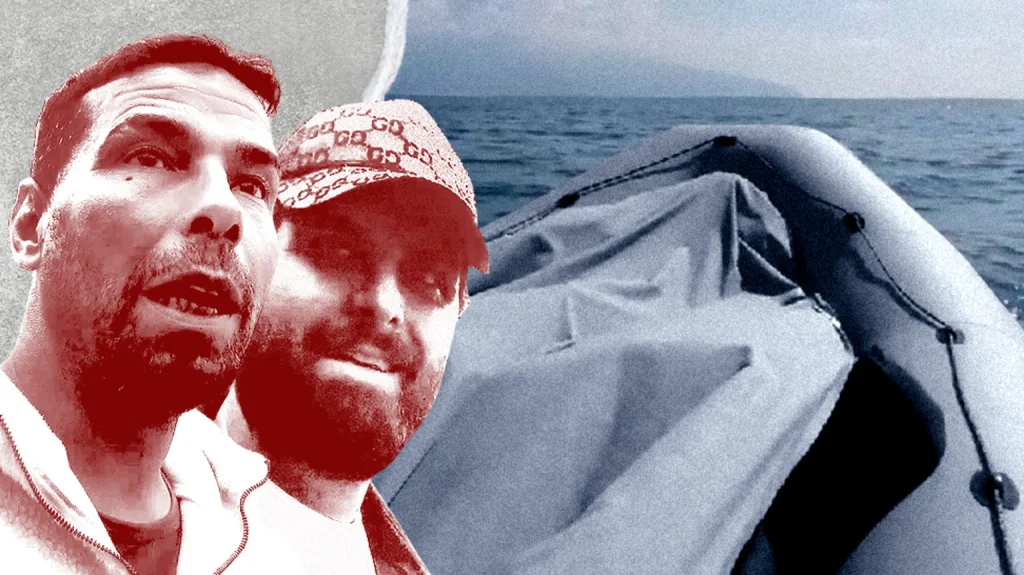
Channel Boat Smuggling: Germany’s Role in a Dangerous Trade
A BBC investigation has shed light on the perilous Channel boat smuggling operations coordinated from Germany, where dinghies, engines, and life jackets are organized for migrants attempting the risky Channel crossing. For €15,000, smugglers offer an inflatable boat package, as revealed by an undercover BBC journalist posing as a migrant in Essen, Germany. This location serves as a storage and transit hub for these so-called “death traps” intended for English Channel crossings.
Inside the Smuggling Operations
The investigation revealed that smugglers, like Abu Sahar and Khal, store boats across multiple secret warehouses in Essen to avoid police raids. Germany’s unique legal framework, which does not classify aiding non-EU smuggling as illegal, provides a loophole for these gangs. This legal gray area allows operations to persist despite international efforts to clamp down on them.
Cooperation and Growing Dangers
While the UK and Germany have increased cooperation against Channel boat smuggling, significant challenges remain. Smugglers in Germany move boats quickly to the Calais area, often in hours, taking advantage of gaps in enforcement. Despite high-profile raids, smuggling networks continue to adapt, leaving behind a trail of unsafe, abandoned boats on French beaches—a stark reminder of the desperation and dangers inherent in this illegal trade.
External link: BBC
Internal link: Kenkou Land





